
Last year I was asked to join the board of the Institute for Anarchist Studies, a cool group that gives small grants to people doing anarchist writing projects, and funded me years and years ago to do some writing, which eventually turned into the Realizing the Impossible book. Another board member David Combs was recently on tour in Europe and was interviewed about the IAS in London by Last Hours, who recently posted the interview on their website. I’ve re-posted it below, but it’s also well worth your time to check out the Last Hours website.
The Institute for Anarchist Studies (IAS) is a nonprofit foundation, which was founded in 1996 to support the development of anarchism by giving grants to radical writers and translators across the world. David Combs works at the IAS, and on a recent visit to the UK took the time to talk to Last Hours about what the Institute is all about.
LH: What is the Institute for Anarchist Studies?
IAS: The Institute for Anarchist studies is an organisation that’s been around since 1996 whose purpose it is to fund anarchist writers who wouldn’t have access to traditional grant money through the various ways writers get support because of the content of their politics. So we have a small grant program. It’s not like we have a ton of money to give away but we raise money to give away for grants and then publicise people’s writings on our website and through a publication we do called Perspectives on Anarchist Theory. We are also starting a book series with AK Press for longer pieces and a group of people who have been involved with, or who have received grants from, the IAS who do public speaking. We offer that as a way to disseminate ideas.
I’d say the larger goals of the IAS are popular education and fostering anarchist scholarship. The idea is that anarchist politics are worth taking seriously and there tends to be a degree of self marginalisation amongst anarchists and its worth trying to counterbalance that by putting forth good content for people to look for when they’re becoming interested in these politics.
LH: How is most of the money raised?
IAS: Through traditional fund raising methods. We make appeals to networks of anarchists to give a few dollars a month and it all adds up. All of the donation money goes towards having a bigger pool of money to give out to writers, minus our administrative costs. In addition to that we try to speak to organisations and schools who have money to spend on public speakers. That’s another way we raise money, by having people come and speak and getting an honorarium.
LH: How does the internal organisation of the IAS work?
IAS: We only meet in person twice a year because people are spread between the East coast and West coast. So twice a year we have board meetings, which sounds very official but that has more to do with our non-profit status. We have what are called board meetings to look over the applications and talk about the other things we can’t hash out online. The rest of the year we use Crabgrass which is riseup.net’s social neworking type website that is geared towards activist organisations being able to make decisions better online.
We come to decisions with an informal consensus. We talk things out until everyone is agreed upon it and if we can’t then we will go to a two thirds majority vote. But since I’ve been involved we haven’t actually needed to do that.
LH: How does the IAS decide what work to fund? Are there certain guidelines to follow?
IAS: We definitely take into consideration whether someone would have access to other funding and try to consider people who are in need of it and wouldn’t get otherwise have a chance to be taken seriously. Which means that sometimes we get really good applications and sometimes they have to compete against each other because we just don’t have enough money to fund everyone.
We try to choose projects that are engaging, that are informed by on the ground work and are not just purely theoretical. We try to get a sense of whether the author is dedicated to getting their work out there and that it’s not just someone’s dissertation or something. Those are all elements we take into account. And we certainly try to be aware that we are not just funding old white men.
We try to be aware without being tokenising of the demographic and make sure that marginalized people are considered in an arena where people are often not considered because of their race or gender, or other things like that.
LH: Can you go into a bit more depth on what Perspectives on Anarchist Theory is?
IAS: It’s a journal that has been published irregularly since 2004. It’s a journal that we publish as a way of offering publishing to people we are funding or people we can’t fund but would like to publish. Recently there hasn’t been a published edition, though there’s going to be one coming out by winter that is hopefully going to be the beginning of a much more regular publication. But we also publish all of the essays on our website. So those are the two ways that we get the writing that we are funding out there.
LH: Are there any specific subjects or topics that the IAS tends to fund?
IAS: We make it a point to steer away from any sectarian bias. We are interested in funding anyone who is taking their writing seriously regardless of the various sub-categories of anarchism that people identify with. But we’ve also decided to try to do a bit more curation in the future, so we’ll decide on issues that are relevant and important and try to seek out writing on those topics. For example, we are working on having themed issues of Perspectives on Anarchist Theory and the first theme is going to be ecological and economic crisis. We’ve also talked about doing a themed issue on insurrection and we have a few other ideas for the future. So it’s not so much that there are specific topics that we are trying to have written about but we are trying to curate some themed discussion.
LH: Who are some of the recent people you worked with and what were they writing about?
IAS: This last round of grants we funded a woman named Kelly Anne Miflin who was working with an anarchist arts collective in Argentina called Sienvolando. She is publishing a photo book and an essay with analysis of how seven or eight years after the popular ousting of the Argentinean government, how the horizontal and anarchist elements have evolved and tracing the kind of organising people are doing now and what kind of lessons were learned from it through her experiences with the collective she was working with.
We also try to publish translations. We are publishing a translation of the Spanish author Eric Duran’s Creating a Counterhegemonic Economic System who is writing on alternative visions of economies; non-hierarchical visions of economies. It will include the story of how Duran committed an act of “financial civil disobedience” by taking out a loan of 492,000 euros and defaulting on the loan very publicly to make a statement about our economic system. So it is incorporating this story and translating some of the writing. We also funded a piece on a South African anarchist named Richard Turner whose influence on the Apartheid movement has been under-explored from an anarchist perspective.
For more information on the Institute of Anarchist studies please visit their website: http://www.anarchist-studies.org/
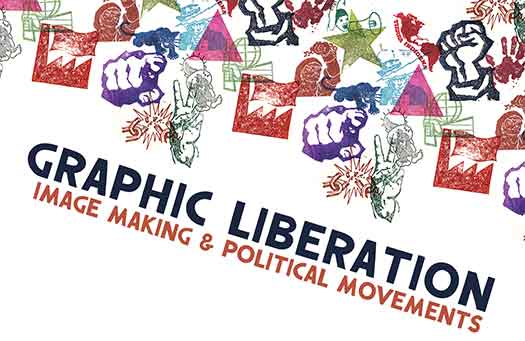
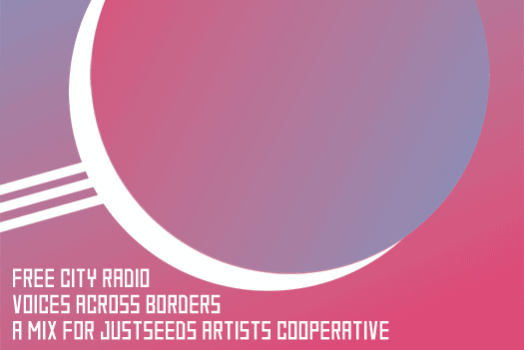


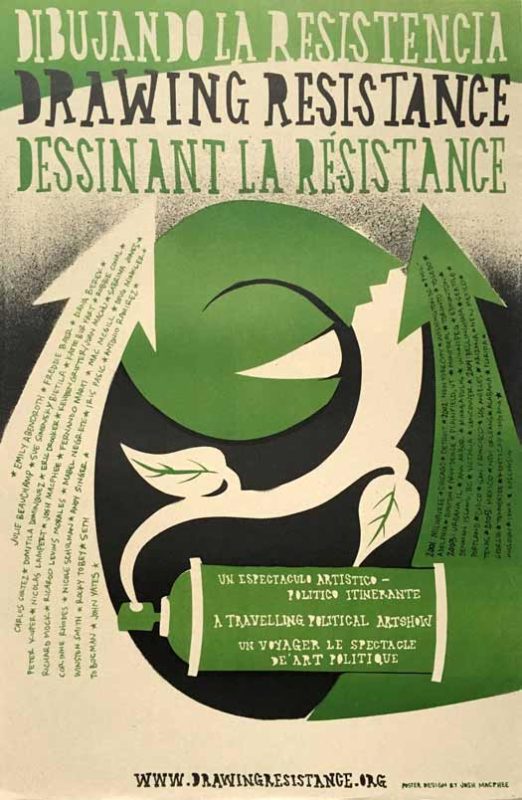

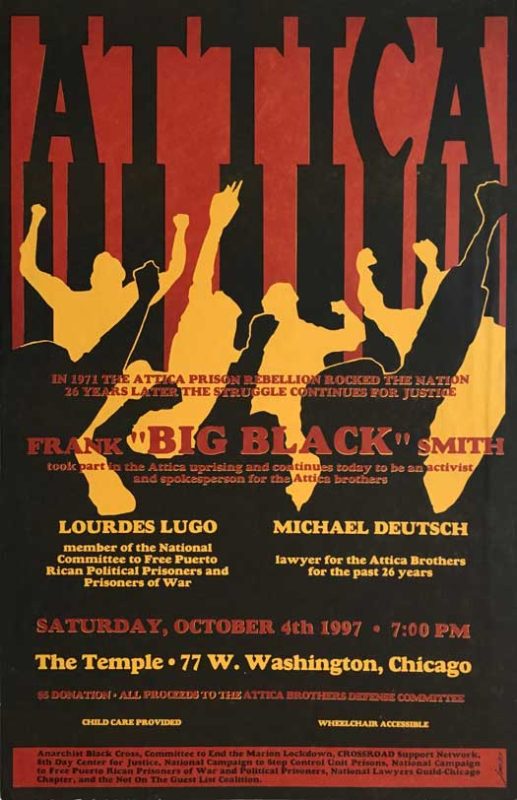
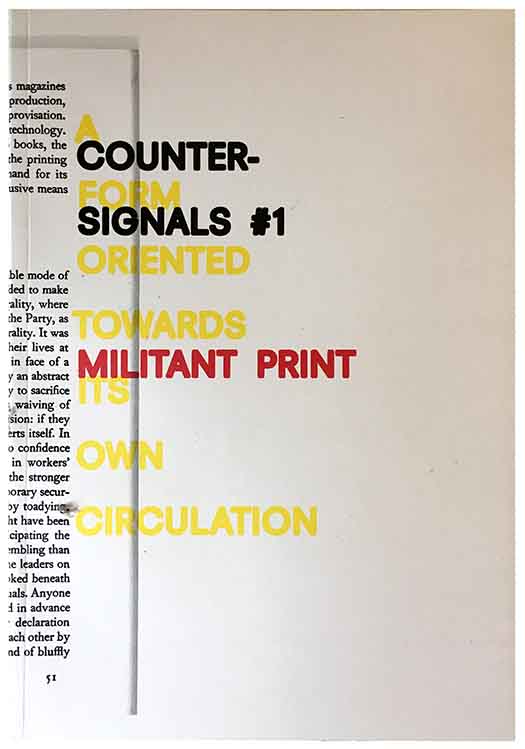
Excellent interview and good to hear more of the IAS. Thanks for the post!